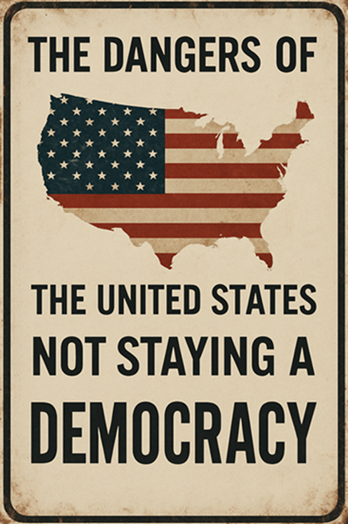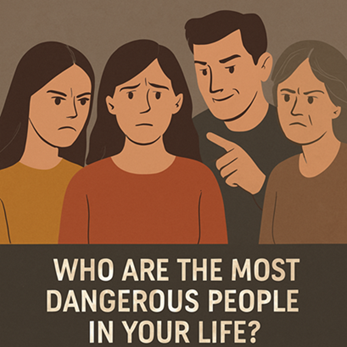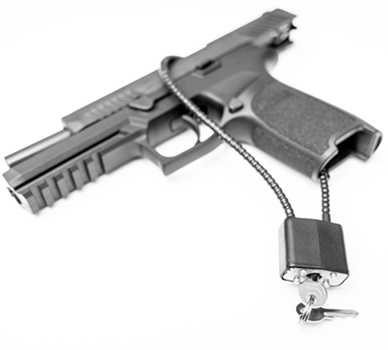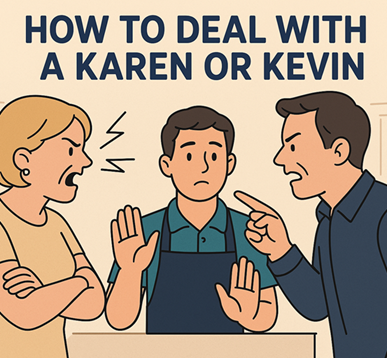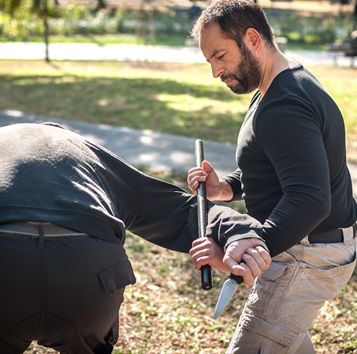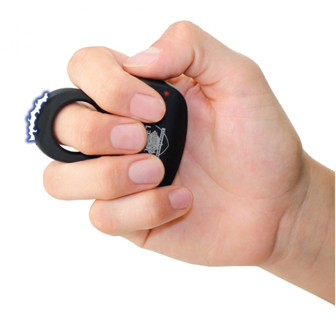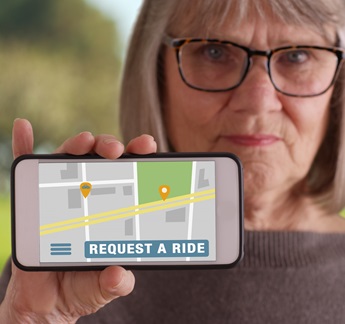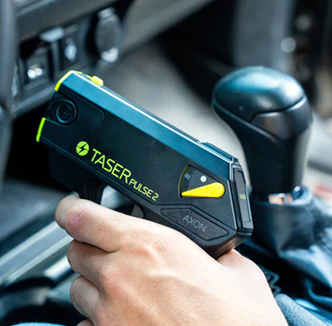Surviving a Kidnapping: Essential Steps to Stay Safe, Escape, and Recover
 Kidnapping is a terrifying and life-threatening situation that no one ever expects to face. However, being prepared and knowing how to respond can significantly increase your chances of survival and safe return. This blog post will provide a comprehensive guide on what to do if you are kidnapped, covering everything from immediate actions to long-term strategies for survival and escape.
Kidnapping is a terrifying and life-threatening situation that no one ever expects to face. However, being prepared and knowing how to respond can significantly increase your chances of survival and safe return. This blog post will provide a comprehensive guide on what to do if you are kidnapped, covering everything from immediate actions to long-term strategies for survival and escape.
Understanding Kidnapping
Before diving into the specifics of what to do if you are kidnapped, it's essential to understand what kidnapping entails. Kidnapping is the unlawful abduction and confinement of a person against their will, often for ransom, political leverage, or other malicious purposes. It can happen to anyone, anywhere, and at any time, although certain individuals may be at higher risk due to their profession, wealth, or public profile.
Immediate Actions
-
Stay Calm: The first and most crucial step is to remain as calm as possible. Panicking can cloud your judgment and lead to poor decision-making. Take deep breaths and try to assess your situation objectively.
-
Assess Your Surroundings: Quickly take stock of your environment. Note any landmarks, sounds, or other details that could help authorities locate you later. Pay attention to the number of kidnappers, their appearance, and any weapons they may have.
-
Comply with Demands: In the initial moments of a kidnapping, it's generally advisable to comply with the kidnappers' demands. Resisting or trying to escape prematurely can escalate the situation and put you in greater danger.
-
Establish Rapport: If possible, try to establish a rapport with your captors. Humanizing yourself can make it harder for them to harm you. Use their names if you know them, and try to engage in conversation to build a connection.
-
Memorize Details: Pay attention to any details that could be useful later, such as the kidnappers' names, accents, physical descriptions, and any information they reveal about their plans or motives.
Long-Term Strategies
-
Maintain a Routine: If you are held captive for an extended period, try to establish a routine. This can help you maintain a sense of normalcy and keep your mind occupied. Simple activities like stretching, mental exercises, or even talking to yourself can be beneficial.
-
Stay Healthy: Your physical and mental health are crucial during a kidnapping. Try to eat and sleep as regularly as possible, even if the conditions are less than ideal. Mental exercises, such as meditation or visualization, can help you stay focused and resilient.
-
Look for Opportunities to Escape: While it's essential to comply initially, always be on the lookout for opportunities to escape. Pay attention to your captors' routines, weaknesses, and any potential vulnerabilities in your confinement.
-
Leave Clues: If you can, leave behind clues that could help authorities locate you. This could be anything from dropping personal items to scratching messages into surfaces. Be discreet, as you don't want to alert your captors.
-
Communicate Discreetly: If you have access to a phone or other communication device, use it discreetly to contact authorities. Be cautious, as your captors may be monitoring your communications.
Psychological Survival
-
Stay Positive: Maintaining a positive mindset is crucial for psychological survival. Focus on the things you can control and try to stay hopeful about your eventual rescue or escape.
-
Set Small Goals: Setting small, achievable goals can help you stay motivated and focused. This could be anything from memorizing a new detail about your captors to finding a new way to pass the time.
-
Visualize Freedom: Visualization techniques can be powerful tools for maintaining hope and resilience. Spend time each day visualizing your rescue or escape, and imagine the joy of reuniting with loved ones.
-
Avoid Despair: It's natural to feel despair in such a situation, but try to avoid letting it consume you. Remind yourself that people are likely searching for you, and that there is always a chance for a positive outcome.
Escape Strategies
-
Choose the Right Moment: If you decide to attempt an escape, timing is crucial. Choose a moment when your captors are distracted, tired, or otherwise less vigilant.
-
Create a Distraction: Creating a distraction can provide you with the opportunity to escape. This could be anything from starting a fire to causing a loud noise.
-
Use Your Environment: Use your environment to your advantage. Look for tools or objects that could help you escape, such as keys, ropes, or sharp objects.
-
Run and Hide: If you manage to escape, run as far and as fast as you can. Once you've put some distance between yourself and your captors, find a place to hide and wait for help.
-
Seek Help: Once you've escaped, seek help immediately. Approach a trusted individual, such as a police officer or a store clerk, and explain your situation.
Post-Kidnapping Recovery
-
Seek Medical Attention: After a kidnapping, it's essential to seek medical attention, even if you don't appear to be injured. A medical professional can assess your physical and mental health and provide necessary treatment.
-
Contact Authorities: Report the kidnapping to the authorities as soon as possible. Provide them with all the details you can remember, including descriptions of your captors, the location of your confinement, and any other relevant information.
-
Reconnect with Loved Ones: Reconnect with your loved ones as soon as possible. They will likely be worried about you and will want to know that you are safe.
-
Seek Counseling: Kidnapping can have long-lasting psychological effects. It's essential to seek counseling or therapy to help you process the trauma and begin the healing process.
-
Take Time to Heal: Recovery from a kidnapping can take time. Be patient with yourself and allow yourself the time and space you need to heal physically and emotionally.
Prevention Tips
While it's impossible to completely eliminate the risk of kidnapping, there are steps you can take to reduce your risk:
-
Be Aware of Your Surroundings: Always be aware of your surroundings and trust your instincts. If something feels off, remove yourself from the situation.
-
Avoid Risky Situations: Avoid risky situations, such as walking alone at night or traveling to high-risk areas. If you must travel to a high-risk area, take precautions such as hiring a security detail.
-
Keep a Low Profile: Keeping a low profile can reduce your risk of being targeted. Avoid displaying wealth or drawing unnecessary attention to yourself.
-
Stay Connected: Stay connected with loved ones and let them know your whereabouts. Establish check-in routines so that someone will notice if you go missing.
-
Learn Self-Defense: Learning self-defense techniques can give you the confidence and skills to protect yourself in dangerous situations.
Conclusion
Kidnapping is a harrowing experience, but being prepared and knowing how to respond can make a significant difference. By staying calm, complying with demands, and looking for opportunities to escape, you can increase your chances of survival and safe return. Remember to seek medical attention, contact authorities, and seek counseling after a kidnapping to aid in your recovery. Finally, take steps to reduce your risk of kidnapping by being aware of your surroundings, avoiding risky situations, and staying connected with loved ones. While no one can predict when or if they will be kidnapped, being prepared can provide a sense of empowerment and increase your chances of a positive outcome.
Company Info
Customer Service
Product Information
- TASER® and Stun Devices Regulations by State
- TASER® Safe Escape Product Replacement Guarantee
- TASER® Comparison Chart
- TASER® User Manuals
- TASER® Warranty Info
- Byrna Product Catalog
- PepperBall Manuals & Spec Sheets
- Pepper Spray Laws
- Air Gun Laws
- States that Restrict Automatic and Butterfly Knives
- Our Print Catalog






























